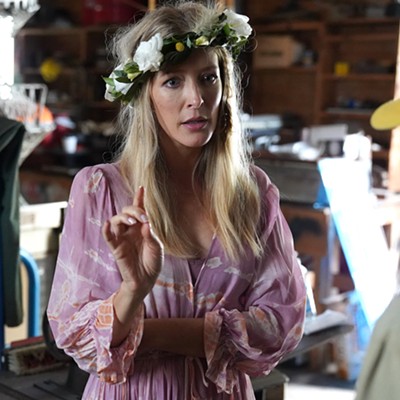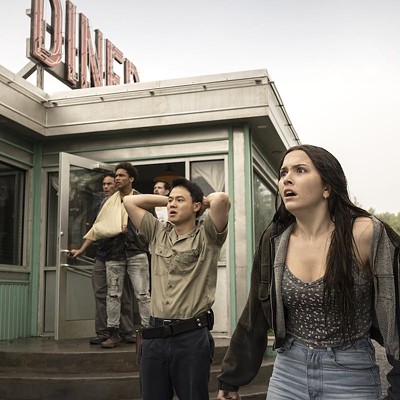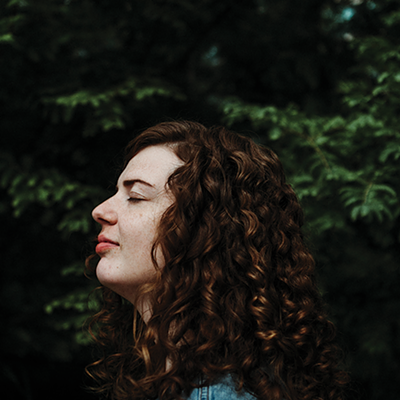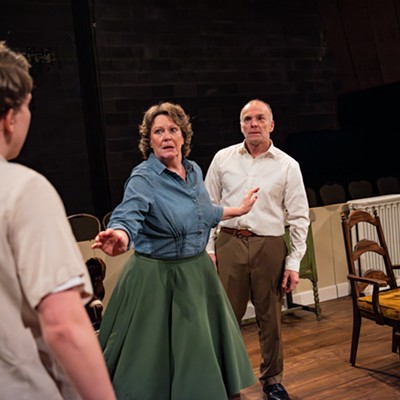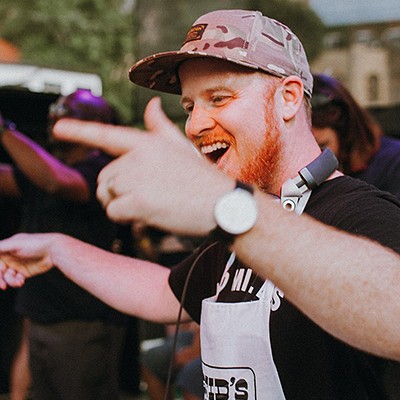I don't think Eli Roth is untalented. The playful depravity of his faux Thanksgiving trailer made it one of the highlights of Grindhouse. But in Hostel Part II his game is off. The main thing that saves the first Hostel from the nadir of The New Sadism that Saw II occupies is its sense of humour. Hostel satirizes American perception of "backwards" foreign cultures as a tourist's xenophobic nightmare. Though the movie is hard to defend, it's not as pointless, and a bit smarter, than its biggest haters insist.
It's a bitter irony that the people most excited for a Hostel sequel likely reject any suggestion of subtextual value in the first movie. Hostel Part II is really about writer-director Roth trying to prove that he's hardcore. "Is this the theatre for Hos-tile 2?," a man asked me. We get some basic themes: The old feed off the young; the rich feed off everybody. But the movie hints at ambitions it doesn't pursue. And the gruesome showcases are annoying because they're the only endpoint the film knows.
Roth begins the sequel with an extended homage to Friday the 13th Part II's opening, before switching gears to introduce a new group of characters. This time the good guys are three girls. The first movie took an uncommon horror route of making its victims male. The sequel's more standard approach gets frustrating. You know every move it will make. The only question is how graphically people will die.
The three prospective objects of mutilation are crazy friend Whitney (Bijou Phillips), dorky Lorna (Heather Matarazzo) and lead Beth (Lauren German). When Hostel Part II gives screen time to two aspiring white-collar torturers, Roth has a chance to take a moral perspective on the film's sadism. But it all gets lost under the director's chest-beating.
I suspect Roth thinks of Hostel Part II as a feminist horror movie. It starts with a class of girls painting a nude male. Beth nearly has an aneurysm every time someone says the c-word. And it ends with a castration. Roth is covering his tracks from the typical accusations of slasher film misogyny, but his feminist angle just serves as jokey sexual fear. It's as insincere as his Abu Ghraib reference—suggestions of substance that Hostel Part II doesn't honestly care about.
The world Roth's movie inhabits is much simpler: Cheap thrills, no heart, no hope.
Paris, je t'aime
The Coen Brothers' "Tuilieres," one of the five-minute shorts in the anthology Paris, je t'aime, has as anguished an ending as Hostel Part II. The difference is that the nature of it isn't predictable, so it still views the world as a place of possibility. Even the downbeat segments of Paris, je t'aime are optimistic, and that's what unifies it.
The view of Paris as the "City of Love" is criticized by some of the directors (Olivier Assayas, Alexander Payne), and embraced by others (Tom Tykwer, Wes Craven). Most of them deal in moral reckonings. Christopher Doyle (Wong Kar Wai's cinematographer) has a man selling beauty products for Asians, only to reject how white he's made them. Isabel Coixet's is about a husband becoming reinvested in his marriage upon discovering his wife is dying. The great city seems to bring out the best in these filmmakers. Because most of the international filmmakers don't typically make love stories, their works have a unique impact. Paris, je t'aime would only be more intriguing if it had brought less expected in-country directors like Gaspar Noe (Irreversible) and Louis Leterrier (The Transporter) to the mix.
For showtimes see Movie Times, page 19. Who would you bring to the mix? Write: [email protected].

